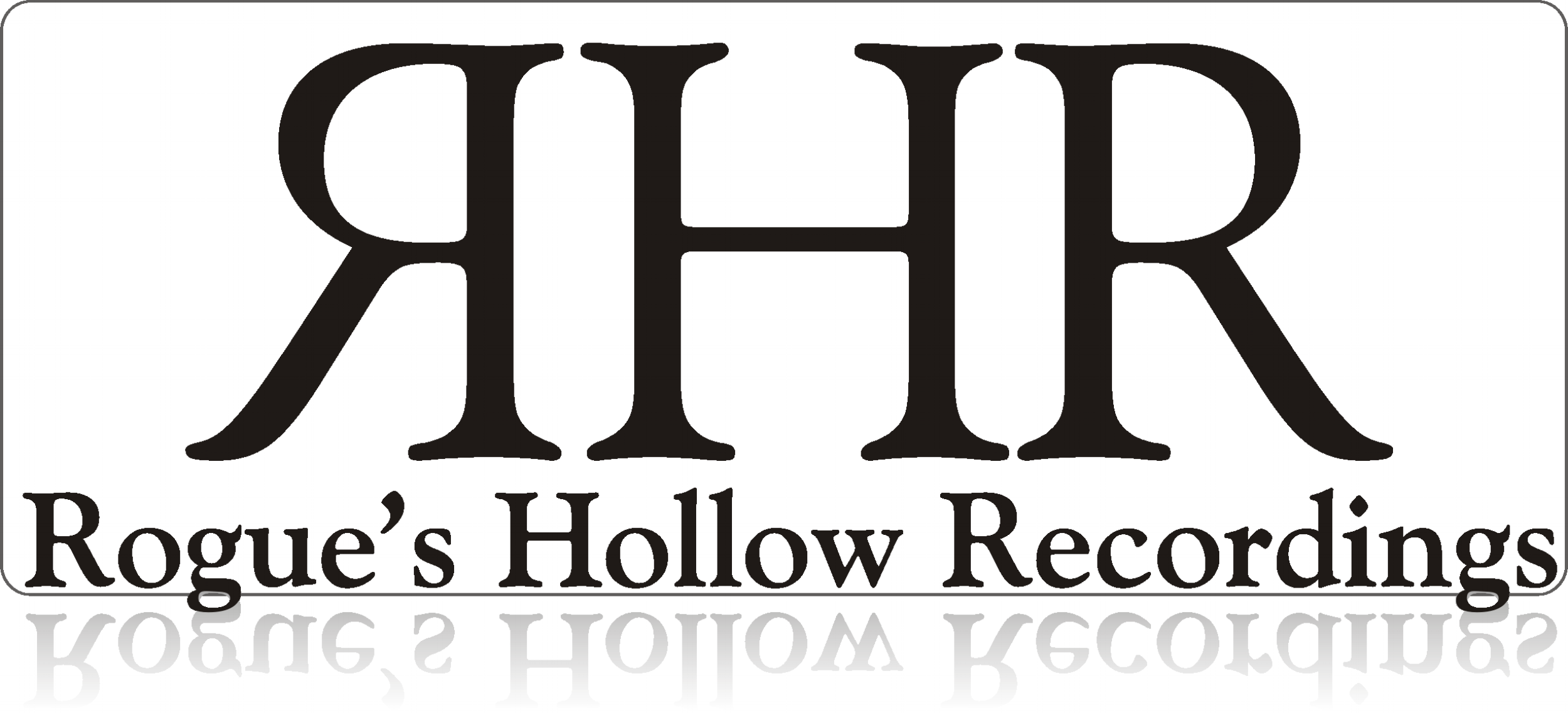Ways To Save Money In The Recording Studio
PRACTICE, PRACTICE, PRACTICE
It can't be said enough - Proper Preparation Prevents Pitifully Poor Performance.
Or stated another way - Plenty of Practice Prevents Pitifully Poor Performance.
Practice ultimately saves you a LOT of your hard-earned money when it comes time to step into a recording studio.
"Pre-Production" is the new buzz term, but it still means the same thing - work out all the kinks before going in to record.
If you're independently wealthy, then by all means - find yourself a patient soul with a studio and work out those ideas on the clock.
When it comes to preparation, you can be prepared for going into a recording studio in one of two ways:
1) Be prepared musically.
- or -
2) Be prepared financially.
As the clock ticks away while your band tries playing a song they haven't really rehearsed thoroughly…for the 20th time...realizing that you're only on the first of 10 or 12 songs, you’ll start to get that stinging sensation where your wallet resides!
Personally, I’d recommend going with the first way I've listed, but hey – it’s your wallet!
Practicing means working out song structures, (arrangements), vocals, and solos ahead of time so that everything is really tight and all vocals are sounding really good.
You also want to listen for instruments that are fighting for certain frequencies.
If the bass and the guitar are playing in the same register, transpose one or the other to make room for both!
Not only does practice save you time and money in the studio, it helps everything flow more smoothly in the studio, and makes for a much better LIVE show too!
Even raw creativity opens up at this point, because rather than focusing on playing a part correctly, your mind is free to focus on alternate phrasings or chords that flow in during this creative time…
In these days of so little time, if your band does not have the luxury of gathering for rehearsals, you may wish to spend a little of your pre-production time charting the songs.
If you have the ability to chart out the music for musicians that read music, all the better, but something as simple as "4-bars repeat"..."break for 8"...is a HUGE help to a player that doesn't quite know the song.
Any preparation ahead of time goes a long way to help reduce costs, improve the "fun" factor, and, ultimately - produce a professional product.
Thanks again for visiting the site, and please be sure to check out the other tips and tricks I’ve collected – and be sure to follow up on the links for those articles for even more information.
Happy Recording,
MG
Excerpt from:
Studio Versus Home Recording
By Wesley Clark & D. Boylston Clark
Posted on Indie-Music.com
A word of warning:
RECORDING PROJECTS WILL PROBABLY TAKE TWICE AS LONG AS YOU ESTIMATE AND
MIXING WILL ALMOST CERTAINLY BE DOUBLE WHAT YOU FIGURE.
Be prepared and on time for each session. Time is money and most important in this case, time is your money. Even if someone else is fronting the money for your session, ultimately it’s money out of your pocket. Treat it as such. If you don’t have an adequate tape recorder at home, get one. The recorder doesn’t have to be high tech, it just has to work. It will be an essential tool in preparing for your recording sessions. Unless you have an uncanny ability to hear music in your head, experimenting should be done at home, where mistakes are free. These recordings do not have to be a perfect representation of what you will do in the studio; more like a testing ground for new ideas or arrangements. An arrangement or some type of guitar fill that sounds good in your head may become boring or cliché’ after you listen to it twenty or thirty times.
If you take no other advice, take this to the bank. Everything in the recording studio will cost you. Setup, experimenting, talking, mixing, evaluating, re-recording etc. For real estate the three important rules are location, location, location. With music it is preparation, preparation, preparation. There will be things that you will not anticipate that will take additional time, so the better prepared you are, the more you can minimize the lost time.
I have found that when I arrive at the studio, things are loose. The engineer will set up, the drummer will set up. There will be a sound check on some instruments and refreshments are generally available. In between sessions, the engineer will consult about sounds or technical problems. Make no mistake, the clock is ticking and someone is watching the clock. Although it is important that the focus always be the music and that will take time, use your time wisely.
